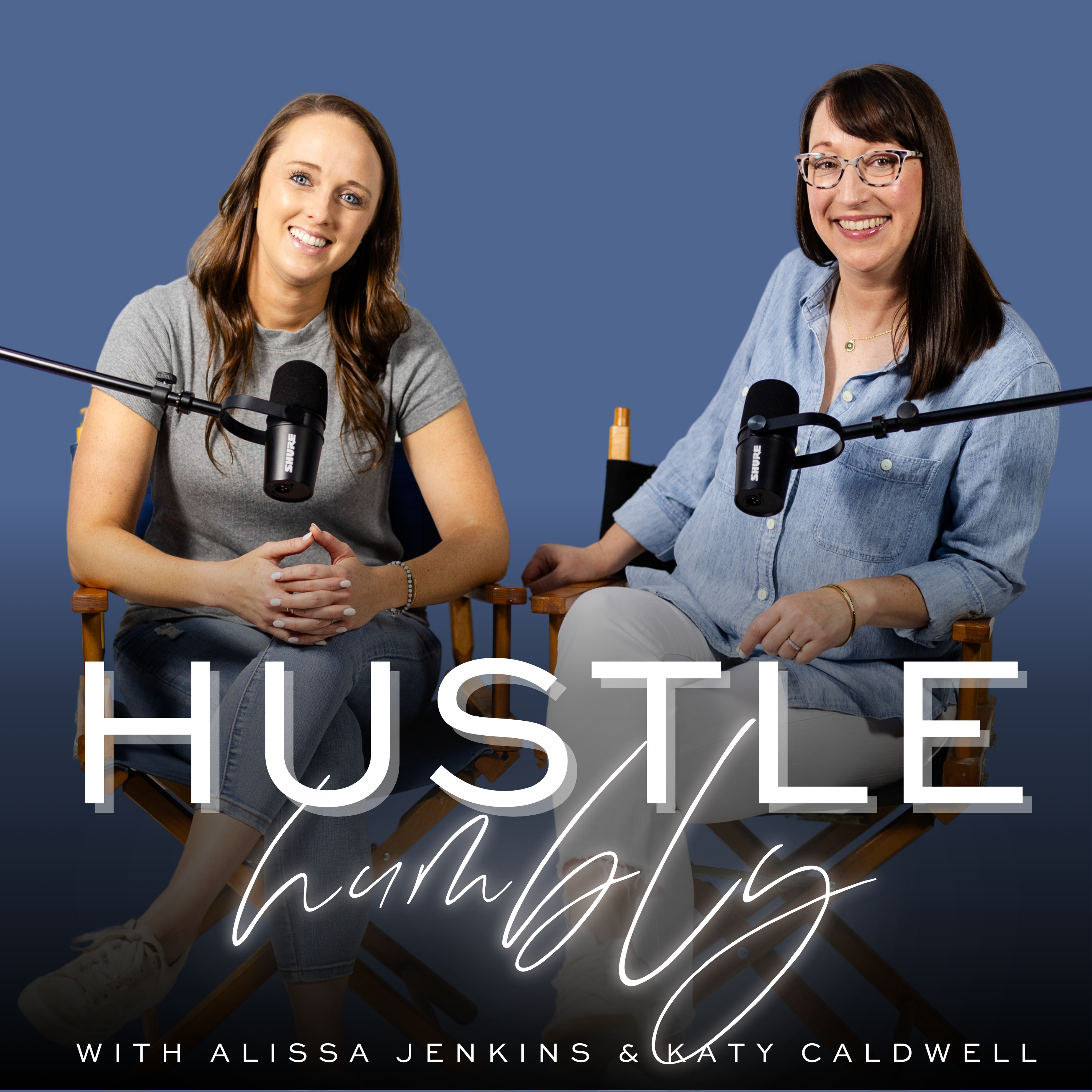VA Home Loans: What Every Agent and Buyer Should Know
VA home loans provide veterans and active-duty service members with significant homebuying benefits, yet many remain unaware of their full potential. In this episode, we discuss how VA loans work, common misconceptions, and why real estate agents and lenders must be well-informed. Our guests, Samantha Catterall, a real estate agent and veteran, and Liz Going, a VA loan specialist, share expert insights to help veterans successfully navigate the homebuying process.
Who Qualifies for a VA Home Loan?
VA home loans are available to eligible veterans, active-duty service members, and, in some cases, surviving spouses. Eligibility is based on service history, including active-duty time, National Guard or Reserve service, and medical discharges related to service. Veterans must obtain a Certificate of Eligibility (COE), which lenders can typically access online. Understanding eligibility requirements ensures that veterans do not miss out on their home loan benefits.
Key Benefits of VA Home Loans
1. No Down Payment Requirement
One of the biggest advantages of VA home loans is 100% financing, allowing veterans to purchase homes with no down payment. Unlike conventional or FHA loans, VA loans eliminate this barrier, making homeownership more accessible.
2. No Private Mortgage Insurance (PMI)
Unlike other loan types that require PMI for low-down-payment borrowers, VA home loans do not require PMI. This significantly reduces monthly mortgage costs, making homeownership more affordable.
3. No Loan Limits for Full Entitlement
VA loans no longer have a loan limit for veterans with full entitlement. This means eligible borrowers can purchase high-value homes with no down payment, provided they meet lender qualifications. For veterans with remaining entitlement, additional calculations determine the maximum loan amount.
4. Competitive Interest Rates
VA home loans often offer lower interest rates compared to conventional loans. Since they are backed by the Department of Veterans Affairs, lenders take on less risk, allowing for better terms.
Common Myths and Misconceptions About VA Loans
Many real estate agents and sellers misunderstand VA home loans, making it harder for veteran buyers to compete. Some common misconceptions include:
- VA Loans Take Too Long to Close: VA loans take only two days longer, on average, than conventional loans and have a higher closing success rate.
- Veterans Can Only Use Their VA Loan Once: Veterans can use their VA benefits multiple times and even hold more than one VA loan at a time, depending on entitlement.
- VA Appraisals Are More Difficult: While VA appraisals ensure homes meet safety and livability standards, they follow clear guidelines and include a reconsideration process if values come in low.
Overcoming VA Loan Appraisal Challenges
VA appraisers assess properties for safety, soundness, and sanitation. Common issues flagged include peeling paint, missing handrails, and outdated electrical outlets. However, many of these concerns can be resolved through repairs or a VA rehab loan. The Tidewater Initiative also allows agents and lenders to submit additional comparable sales before a final appraisal value is issued, providing an opportunity to contest a low valuation.
How Agents Can Help VA Buyers Compete
To ensure VA buyers have a fair chance in competitive markets:
- Educate Sellers and Listing Agents: Highlight the benefits of VA loans and dispel myths about appraisals and closing times.
- Present Strong Offers: Emphasize that VA loans do not require down payments but allow buyers to pay appraisal gaps and closing costs.
- Work with VA-Savvy Lenders: Experienced lenders understand VA loan guidelines and can navigate challenges effectively.
Final Thoughts
VA home loans offer veterans unmatched homeownership opportunities. However, misinformation often prevents them from accessing these benefits. By understanding the facts, educating clients, and working with knowledgeable lenders, agents can better serve military homebuyers. Whether you’re a veteran looking to purchase a home or an agent supporting VA buyers, staying informed is key to success.
Leave us a review at RateThisPodcast.com/HustleHumbly
Get your FREE Database Template
Submit your topic ideas and toasts to Hello@HutleHumblyPodcast.com.
